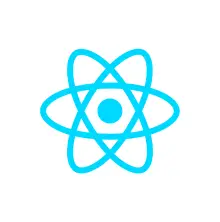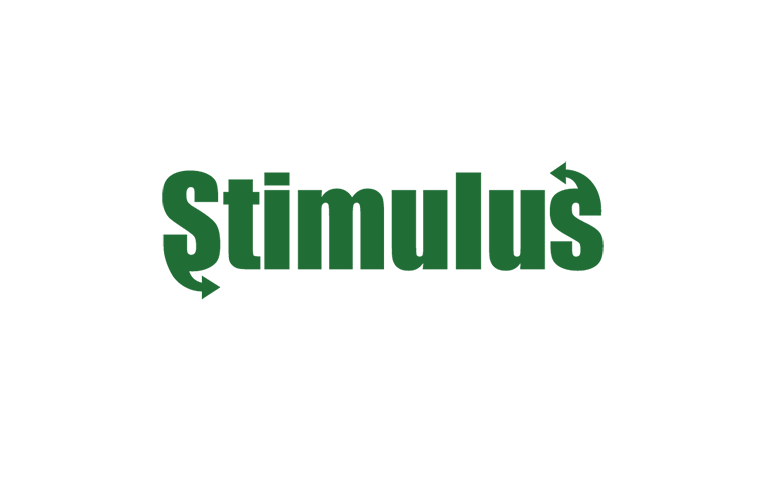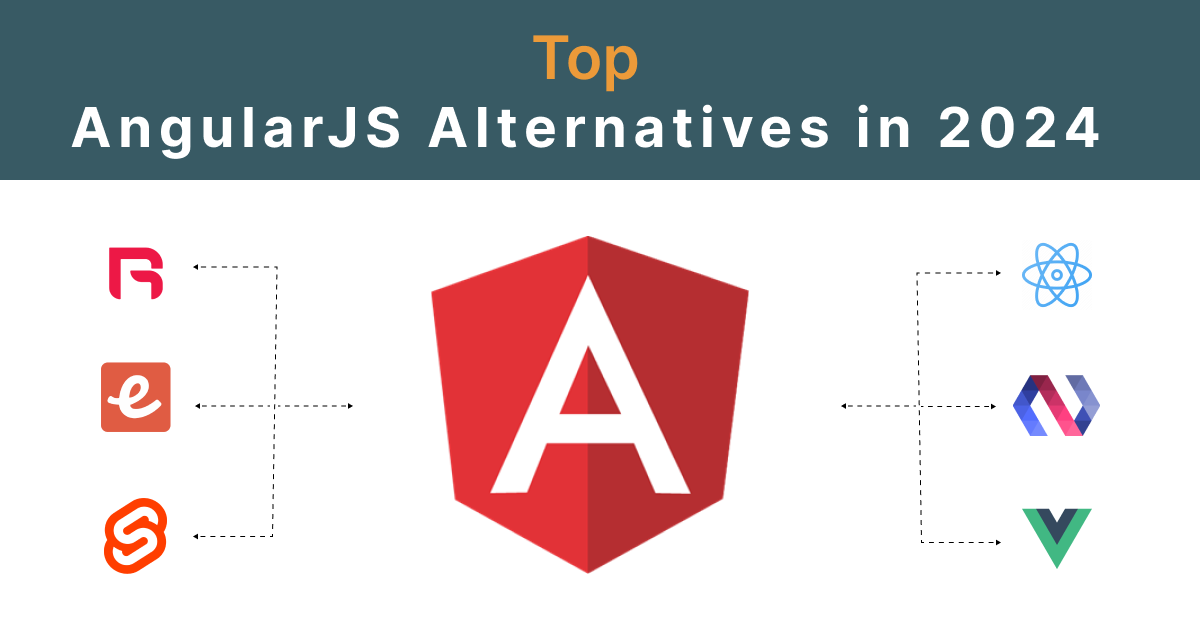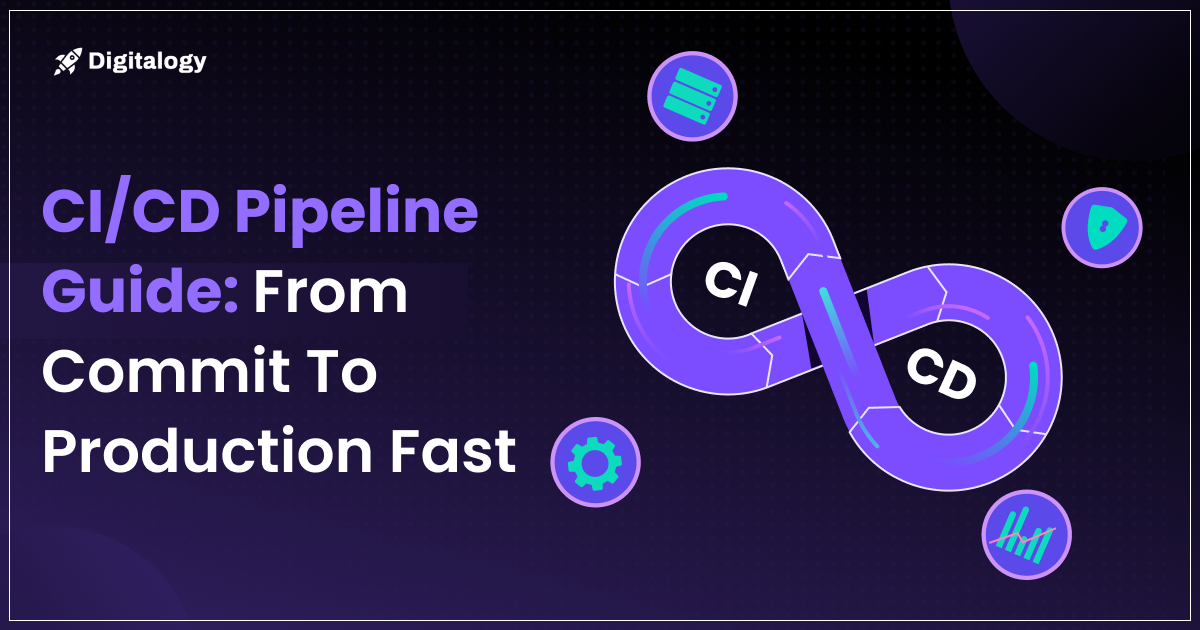AngularJS, an open-source front-end web framework built on JavaScript and developed primarily by Google, has gained popularity among web developers for its robust features such as two-way data binding, dependency injection, and modular application building.
But Before diving into alternatives, there are some essential Things To Consider Before Hiring Angular Developers. This article explores the top 15 alternatives to AngularJS in 2025, comparing their features and advantages.
Top 15 Alternatives to AngularJS Programming Language
1. React

Facebook invented React, a popular JavaScript library for UI design. Its main goals include creating reusable UI elements and effectively managing the state of an application. Performance is increased via React’s virtual DOM, which updates only the DOM elements that have changed rather than the full page.
Advantages:
- Component-based architecture
- High performance with virtual DOM
- Strong community and ecosystem
- Wide adoption in the industry
2. Vue.js

Vue.js is a progressive JavaScript framework used to develop user interfaces and single-page applications. Vue, developed by Evan You, is intended to be iteratively adopted, which allows it to be added to applications piecemeal.
Advantages:
- Ease of integration
- Detailed documentation
- Reactive data binding
- Flexible and modular
3. Svelte

Svelte is a modern JavaScript framework that shifts the bulk of its work to compile time, resulting in highly optimized vanilla JavaScript at runtime. Unlike other frameworks, Svelte has no virtual DOM and focuses on providing a more efficient and performant development experience.
Advantages:
- Compiles to pure JavaScript
- Smaller bundle sizes
- Highly performant
- Easy to learn and use
4. Ember.js

Ember.js is an opinionated framework that provides a robust structure for building ambitious web applications. It includes everything developers need to build large-scale applications, including a router, services, and a powerful templating engine.
Advantages:
- Convention over configuration
- Comprehensive documentation
- Strong focus on developer productivity
- A rich ecosystem with built-in tools
5. Backbone.js

Backbone.js is a small JavaScript library that offers models with key-value binding and custom events, thereby giving the bare minimum of structure required for web applications. It is known for its simplicity and flexibility, allowing developers to choose their preferred libraries for other aspects of their applications.
Advantages:
- Minimal and flexible
- Simple to learn
- Integrates well with other libraries
- Provides structure to web applications
6. Meteor

Meteor is a full-stack platform for building web and mobile applications using JavaScript. It offers a real-time experience, with updates to the client UI happening automatically when the underlying data changes on the server.
Advantages:
- Full-stack solution
- Real-time updates
- Rapid development with integrated tools
- Strong community support
7. Aurelia

Aurelia is a modern, forward-thinking framework that leverages ES6/ES7 to offer a powerful and flexible way to build web applications. It emphasizes convention over configuration, making it easy to develop and maintain applications.
Advantages:
- Modular and flexible
- Uses modern JavaScript features
- Convention over configuration
- Strong support for TypeScript
8. Mithril

A lightweight JavaScript framework for creating single-page apps is called Mithril. It is small in size but offers powerful features such as a virtual DOM, routing, and XHR utilities.
Advantages:
- Lightweight and fast
- Simple API
- Virtual DOM for efficient updates
- Easy to integrate with other libraries
9. Polymer

Polymer is a library for building web components using standard web technologies. It allows developers to create custom elements and use them in their applications, promoting reusability and encapsulation.
Advantages:
- Web components-based
- Promotes reusability and encapsulation
- Uses standard web technologies
- Strong support from Google
10. Riot.js

A lightweight, attractive component-based user interface library is Riot.js. It is small in size and focuses on providing a minimal API while delivering powerful features for building complex user interfaces.
Advantages:
- Lightweight and fast
- Simple and elegant API
- Component-based architecture
- Easy to learn
11. Preact

Preact is a quick 3kB substitute for React that uses the same cutting-edge API. It is the perfect choice for applications that require high performance because it provides all of React’s advantages in a more compact package.
Advantages:
- Tiny size
- Fast and efficient
- Compatible with React
- Modern API
12. Knockout.js

A stand-alone JavaScript application of the Model-View-ViewModel (MVVM) design using templates is called Knockout.js. It is designed to simplify dynamic JavaScript user interfaces by providing a clean underlying data model.
Advantages:
- Simplifies dynamic UI
- Clean data model
- Easy to bind data to UI elements
- Strong community support
13. Stimulus

Stimulus is a modest JavaScript framework designed for adding interactivity to HTML. It complements server-side applications by providing a framework for handling JavaScript behavior in a simple, declarative way.
Advantages:
- Simple and lightweight
- Enhances HTML with minimal JavaScript
- Works well with server-side applications
- Declarative approach
14. Alpine.js

Alpine.js is a minimal framework for composing behavior directly in your HTML templates. It provides declarative syntax similar to Vue.js but is much lighter, making it suitable for projects where a full-blown framework is unnecessary.
Advantages:
- Lightweight
- Declarative syntax
- Easy to integrate
- Minimal learning curve
What is Better Than AngularJS?
Subjective definitions of “better” change depending on the specific needs and constraints of a project. However, several frameworks and libraries mentioned above offer significant advantages over AngularJS, such as:
React and Vue.js for their component-based architecture and modern development paradigms.
Svelte for its compile-time optimization and smaller bundle sizes.
Ember.js for its convention over configuration and comprehensive set of tools.
Every option has advantages, and the optimal option will rely on various aspects such as the demands of the project, team proficiency, and long-term sustainability.
Is AngularJS Outdated?
AngularJS has indeed become outdated in many respects. In December 2021, Google revealed that AngularJS would no longer get long-term support. Although it still has a significant user base and can be used for maintaining existing projects, it is no longer recommended for new projects. Modern frameworks and libraries offer better performance, security, and developer experience, making them more suitable for contemporary web development.
Where Can I Learn AngularJS for Free?
For those interested in learning AngularJS, there are still several free resources available to become a top-notch AngularJS developer:-
1. AngularJS Official Documentation: The official documentation provides comprehensive guides and tutorials.
2. Codecademy: Offers interactive coding lessons on AngularJS.
3. FreeCodeCamp: Has articles and tutorials covering various aspects of AngularJS.
4. YouTube: Numerous channels provide free video tutorials on AngularJS.
However, given its outdated status, it might be more beneficial to focus on learning modern frameworks like Angular (the successor to AngularJS), React, or Vue.js.
Conclusion
The front-end web development ecosystem is still changing as 2025 draws to a close. While AngularJS played a crucial role in shaping modern web development, its age and the end of its long-term support have made it less viable for new projects. The alternatives listed in this article provide modern, efficient, and flexible solutions for building web applications, each with its unique advantages.
FAQs
Ques. Is AngularJS still supported?
No, AngularJS is no longer supported by Google as of December 2021.
Ques. What are the main advantages of using React over AngularJS?
React offers a component-based architecture, a virtual DOM for improved performance, and a large ecosystem with extensive community support.
Ques. Which framework is easiest to learn for beginners?
Vue.js and Alpine.js are often considered easier for beginners due to their simplicity and gentle learning curve.
Ques. Can I use multiple frameworks together in a single project?
Although using more than one framework is technically feasible, it is usually not advised because of the possibility of conflicts and added complexity.
Ques. Is it worth learning AngularJS in 2025?
It’s more beneficial to learn modern frameworks like Angular, React, or Vue.js, given that AngularJS is outdated and no longer supported.







